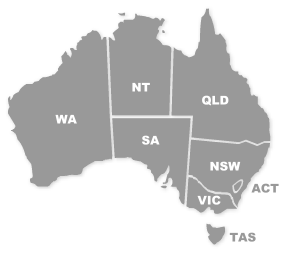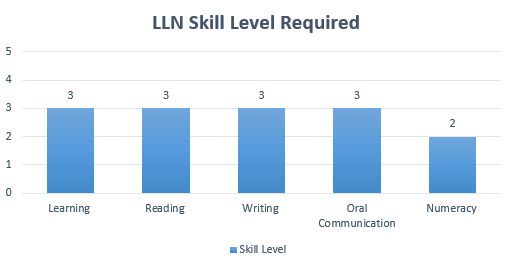The purpose of the Disability supplement is to provide additional information to assist with answering the disability question.
Disability in this context does not include short-term disabling health conditions such as a fractured leg, influenza, or corrected physical conditions such as impaired vision managed by wearing glasses or lenses.
If you indicated the presence of a disability, impairment or long-term condition, please select the area(s) in the following list:
Hearing/deaf
Hearing impairment is used to refer to a person who has an acquired mild, moderate, severe or profound hearing loss after learning to speak, communicates orally and maximises residual hearing with the assistance of amplification. A person who is deaf has a severe or profound hearing loss from, at, or near birth and mainly relies upon vision to communicate, whether through lip reading, gestures, cued speech, finger spelling and/or sign language.
Physical
A physical disability affects the mobility or dexterity of a person and may include a total or partial loss of a part of the body. A physical disability may have existed since birth or may be the result of an accident, illness, or injury suffered later in life; for example, amputation, arthritis, cerebral palsy, multiple sclerosis, muscular dystrophy, paraplegia, quadriplegia or post-polio syndrome.
Intellectual
In general, the term ‘intellectual disability’ is used to refer to low general intellectual functioning and difficulties in adaptive behaviour, both of which conditions were manifested before the person reached the age of 18. It may result from infection before or after birth, trauma during birth, or illness.
Learning
A general term that refers to a heterogeneous group of disorders manifested by significant difficulties in the acquisition and use of listening, speaking, reading, writing, reasoning, or mathematical abilities. These disorders are intrinsic to the individual, presumed to be due to central nervous system dysfunction, and may occur across the life span. Problems in self-regulatory behaviours, social perception, and social interaction may exist with learning disabilities but do not by themselves constitute a learning disability.
Mental illness
Mental illness refers to a cluster of psychological and physiological symptoms that cause a person suffering or distress and which represent a departure from a person’s usual pattern and level of functioning.
Acquired brain impairment
Acquired brain impairment is injury to the brain that results in deterioration in cognitive, physical, emotional or independent functioning. Acquired brain impairment can occur as a result of trauma, hypoxia, infection, tumour, accidents, violence, substance abuse, degenerative neurological diseases or stroke. These impairments may be either temporary or permanent and cause partial or total disability or psychosocial maladjustment.
Vision
This covers a partial loss of sight causing difficulties in seeing, up to and including blindness. This may be present from birth or acquired as a result of disease, illness or injury.
Medical condition
Medical condition is a temporary or permanent condition that may be hereditary, genetically acquired or of unknown origin. The condition may not be obvious or readily identifiable, yet may be mildly or severely debilitating and result in fluctuating levels of wellness and sickness, and/or periods of hospitalisation; for example, HIV/AIDS, cancer, chronic fatigue syndrome, Crohn’s disease, cystic fibrosis, asthma or diabetes.
Other
A disability, impairment or long-term condition which is not suitably described by one or several disability types in combination. Autism spectrum disorders are reported under this category.






